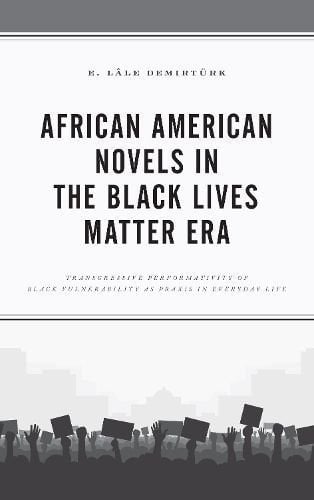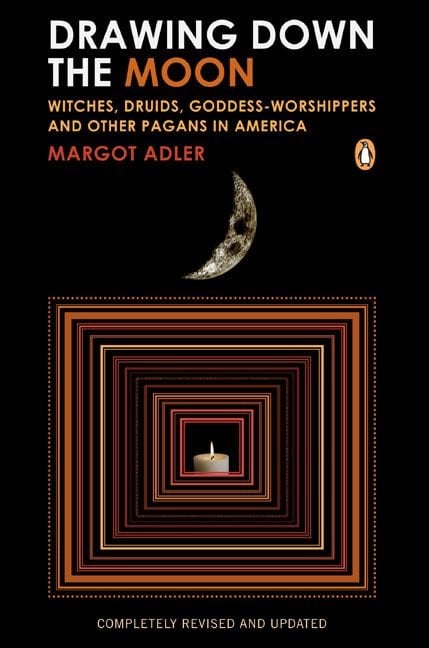This edited collection seeks to map current thinking and practice in order to assess the extent to which the consumer, as opposed to the voter, should now to be elevated to a central position within our understanding of the relationship between the public and political spheres. The volume will firstly offer an overview of how consumerism has been applied to our understanding of political and voter behaviour so outlining the book’s key concepts. The volume then follows a processual approach to developing its analysis, offering essays that explore contrasting critical perspectives on the topic. The group of essays focus on conceptualising political consumerism; the next look at how political organisations use the tools of positioning and branding, so developing an overview of consumer-driven political behaviour. The focus then moves to the nature of political communication, both by parties and the media, and how this reflects the neo-liberal ontological perspective that encourages voting to be treated as part of consumer behaviour. Finally the book turns to the voter-consumer, looking firstly at the processing of messages and how this can be analysed from a consumerist perspective; and finally on voting behaviour itself, exploring the extent to which rational choice and economic models of voting have been increasingly a reflection of a consumerist perspective.Each chapter will approach the subject from a discrete perspective which will be outlined within its introduction. However the chapters will each explore the following:¢ Whether parties or voters are approaching one another using consumerist perspectives;¢ How this can be mapped empirically through specific examples or case studies;¢ The extent to which consumer behaviour models and perspectives help us understand voter or party behaviour.












